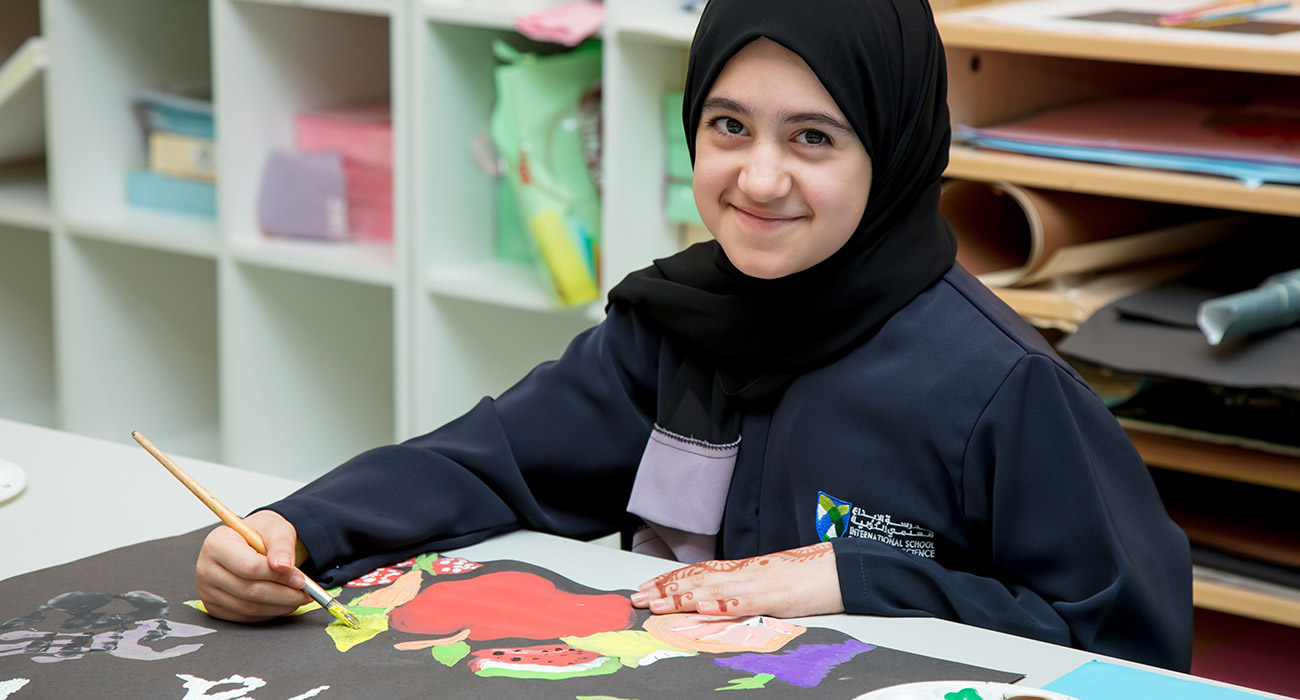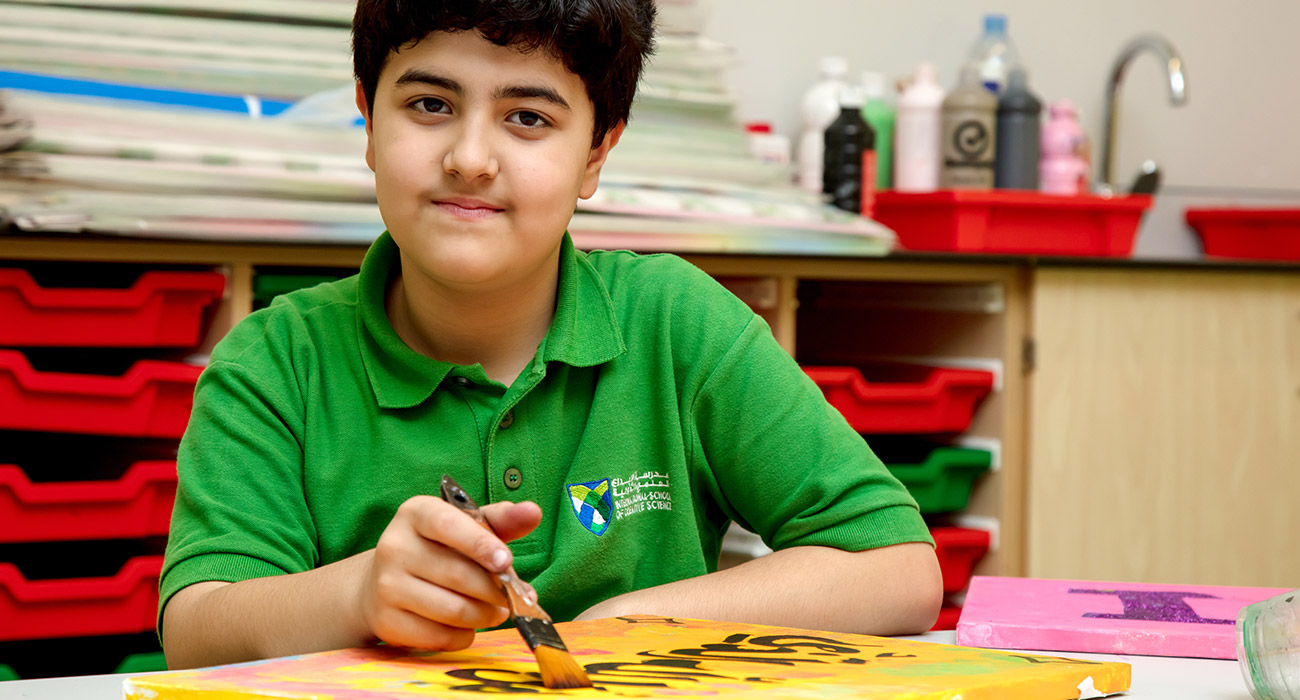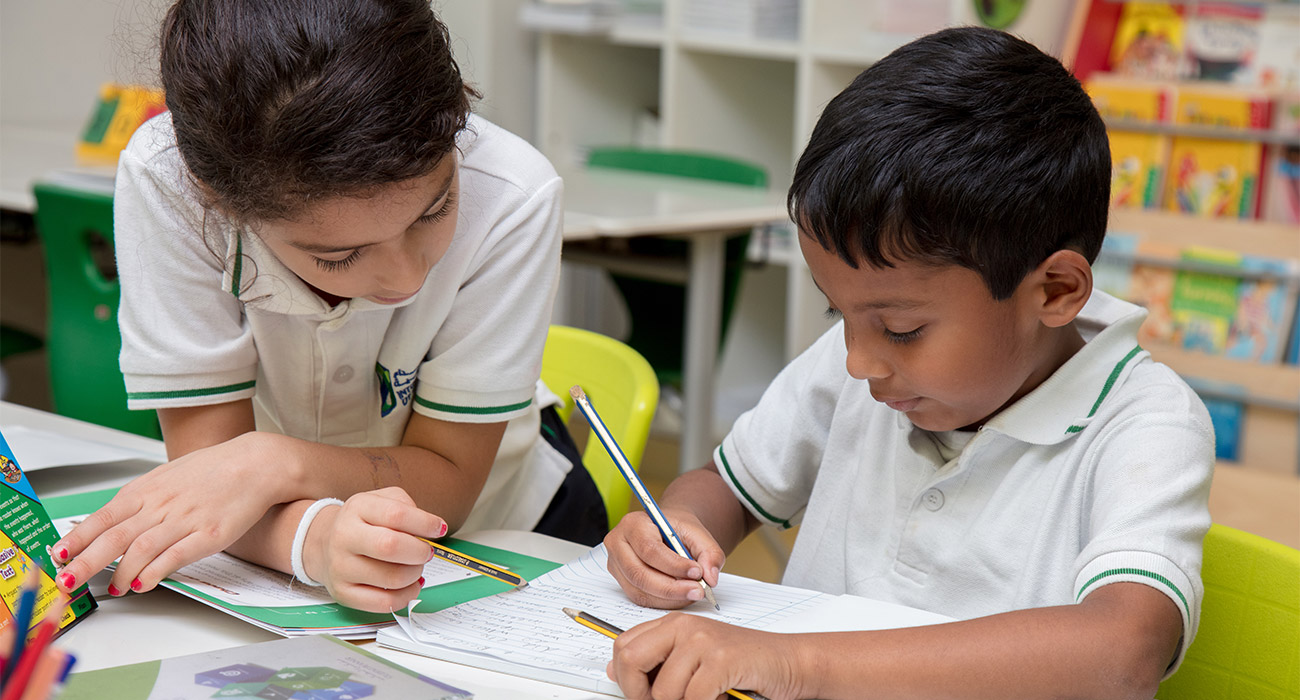
A well-rounded education: The benefits of extracurricular activities

Strong academic performance is important for every student’s future; however, it is often the case that in the pursuit of good grades, both children and parents neglect to schedule in some time for fun.
Children have a lot to learn from healthy leisure pursuits, which is why the International schools in Dubai incorporates plenty of extracurricular activities in the school calendar whilst offering excellent academics following the British curriculum in Dubai. Our students participate in a variety of societies ranging from arts (cooking, gardening, nasheed, robotics) and sports (football, swimming, gymnastics, boxing) to other special interests, like debating, coding, and foreign languages.
Whether students show an interest in the arts, sports, or other activities, they will pick up skills and qualities that will improve their academic performance, mental health, and general wellbeing.
One common benefit of extracurricular activities is learning to manage time well. When students know that they will engage in an activity they enjoy for a limited period, such as their one-hour swimming lesson on Saturdays, they learn to plan and organize their time. This is a very important life skill that will benefit them throughout adulthood.
Another common benefit of extracurricular activities is improved confidence and self-esteem. When children discover hidden talents, such as photography or drawing, they not only feel good about themselves but also learn that they can improve their skills by putting time and energy into practice. By staying focused on growth through practice and hard work, children are shielded from damaging self-beliefs about their abilities.
Teamwork is another life skill learned during extracurricular activities like sports. People who can work well together and with others will have an advantage during their advanced studies and professional careers.
Extracurricular activities also offer students an opportunity to spend time outside of school with people in their age group. Not only do students develop their interpersonal skills with such interactions, making friends is a roadmap for fostering other relationships we need in our professional lives in the future.
Students are able to build connections with industry experts during extracurricular activities, whether it’s sports coaches, artists or the leaders of social enterprises. These connections may come in handy when students need recommendation letters for college applications in later life or an internship.
What’s more, participation in extracurricular activities is found to have a direct relationship with students’ academic performance. Studies show that those students who regularly attend afterschool programmes had fewer absences, improved test scores and grade point averages, and better work habits when it comes to homework.










